 As you may know, I like going to conferences outside the usual subsurface circuit. For this year's amusement, I spent part of last week at the annual Wikimania conference, which this year was in London, UK. I've been to Wikimania before, but this year the conference promised to be bigger and/or better than ever. And I was looking for an excuse to visit the motherland...
As you may know, I like going to conferences outside the usual subsurface circuit. For this year's amusement, I spent part of last week at the annual Wikimania conference, which this year was in London, UK. I've been to Wikimania before, but this year the conference promised to be bigger and/or better than ever. And I was looking for an excuse to visit the motherland...
What is Wikimania?
Wikipedia, one of humanity's greatest achievements, has lots of moving parts:
- All the amazing content on Wikipedia.org — the best encyclopedia the world has ever seen (according to a recent study by Rodrigues and Silvério).
- The huge, diverse, distributed community of contributors and editors that writes and maintains the content.
- The free, open source software it runs on, MediaWiki, and the community of developers that built it.
- The family of sister projects: Wikimedia Commons for images, Wikidata for facts, WikiSource for references, Wiktionary for definitions, and several others.
- The Wikimedia Foundation, the non-profit that makes all this amazing stuff happen.
Wikimania is the gathering for all of these pieces. And this year the event drew over 2000 employees of the Foundation, software contributors, editors, and consultants like me. I can't summarize it all, so here are a few highlights...
 Research reviews
Research reviews
My favourite session, The state of WikiMedia scholarship, was hosted by Benjamin Mako Hill, Tilman Bayer, and Aaron Shaw. These guys are academics conducting research into the sociological side of wikis. They took it upon themselves to survey most of the 800 papers that appeared in the last 12 months, and to pick a few themes and highlights them for everyone. A little like the Geophysics Bright Spots column in The Leading Edge, but for the entire discipline. Very cool — definitely an idea to borrow!
A definition of community
Communities are one thing, but what sets the Wikimania community apart is its massive productivity. It has created one of the premier intellectual works in history, and done so in under 10 years, and without a leader or a Gantt chart. So it's interesting to hear about what makes this community work. What would you guess? Alignment? Collaboration? Altruism?
No, it seems to be conflict. Conflict, centered firmly on content—specifically sources, wording, accuracy, and article structure—is more prevalent in the community than collaboration (Kim Osman, WikiSym 2013). It's called it 'generative friction', and it underlines something I think is intuitively obvious: communities thrive on diversity, not homogeneity.
How to make a difference
The most striking talk, illustrating perfectly how the world today is a new and wonderful place, was by one of the most inspiring leaders I've ever seen in action: Clare Sutcliffe. In 2012, she discovered that kids weren't getting a chance to give computers instructions (other than 'post this', or 'buy that') in most UK primary schools. Instead of writing a paper about it, or setting up a research institute, or indeed blogging about it, she immediately started doing something about it. Her program, Code Club, is now running in more than 2000 schools. Today, less than 3 years after starting, Code Club is teaching teachers too, and has spread internationally. Amazing and inspiring.
Amusingly, here's a (paraphrased) comment she got from a computer science professor at the end:
I teach computer science at university, where we have to get the kids to unlearn all the stuff they think they know about programming. What are you teaching them about computer science and ethics, or is it all about making games?
Some people are beyond help.
The product is not the goal
I'll finish off with a remark by the new Executive Director of the WikiMedia Foundation, Lila Tretikov. Now that Wikipedia's quality issues are well and truly behind it — the enemy now is bias. At least 87% of edits are by men. She wondered if it might be time to change the goal of the community from 'the greatest possible article', to 'the greatest possible participation'. By definition, the greatest article is also presumably unbiased.
In other words, instead of imagining a world where everyone has free access to the sum of all human knowledge, she is asking us to imagine a world where everyone contributes to the sum of all human knowledge. If you can think of a more profound idea than this — let's hear it in the comments!
The next Wikimania will be in Mexico City, in July 2015. See you there!
Here's a thought. All this stuff is free — yay! But happy thoughts aren't enough to get stuff done. So if you value this corner of the Internet, please consider donating to the Foundation. Better still, if your company values it — maybe it uses the MediaWiki software for its own wiki — then it can help with the software's development by donating. Instead of giving Microsoft $1M for a rubbish SharePoint pseudowiki, download MediaWiki for free and donate $250k to the foundation. It's a win-win... and it's tax-deductible!







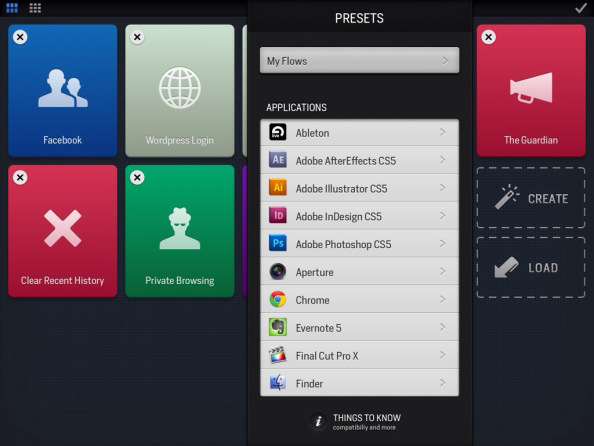
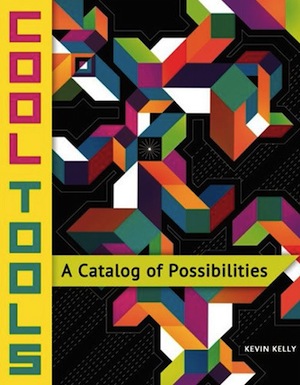


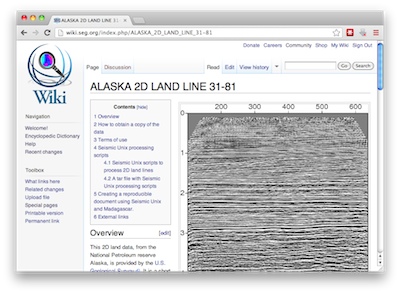
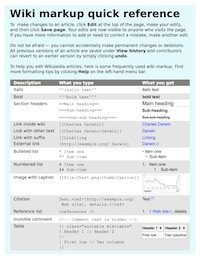
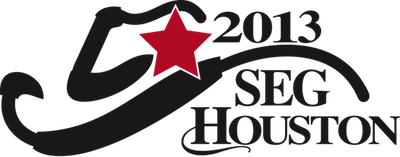
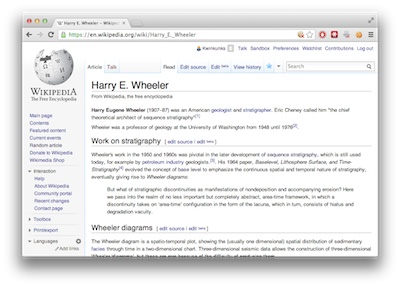
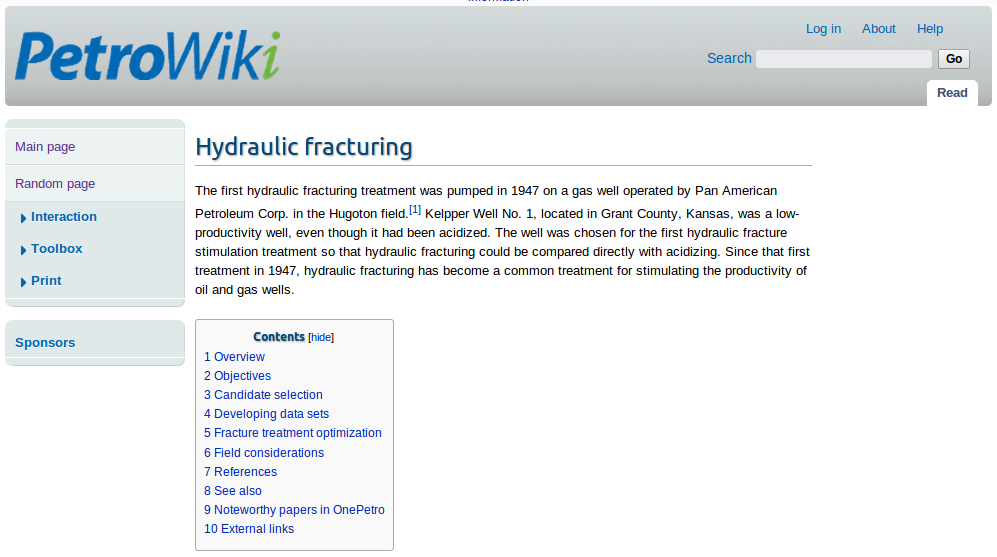
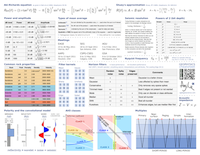










 Except where noted, this content is licensed
Except where noted, this content is licensed